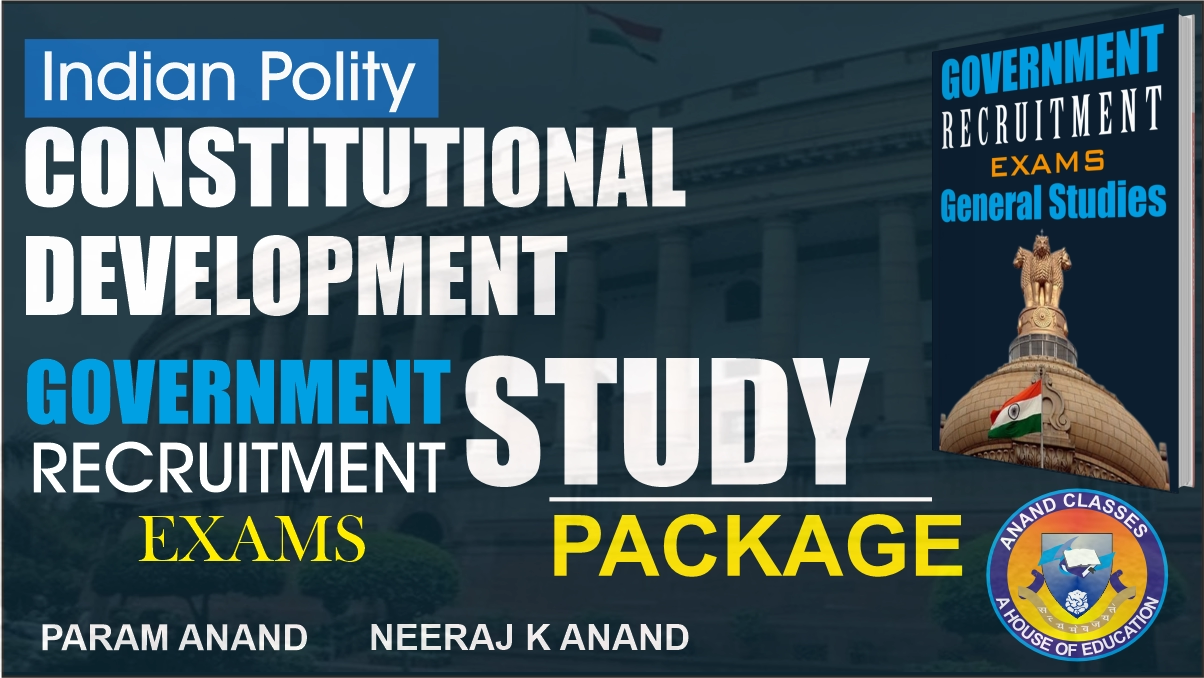Introduction to Citizenship in India
Part II of the Constitution of India (Articles 5-11) deals with citizenship provisions. These articles outline the criteria for Indian citizenship at the commencement of the Constitution and provide the basis for acquiring or losing citizenship for NDA,CDS,UPSC,AFCAT,RRB,IBPS-PO,SSC,KVS,CLAT Exams.
Articles Related to Citizenship
- Article 5: Citizenship at the commencement of the Constitution.
- Article 6: Rights of citizenship for persons migrating from Pakistan to India.
- Article 7: Rights of citizenship for persons migrating to Pakistan.
- Article 8: Citizenship rights of Indians residing outside India.
- Article 9: Loss of citizenship upon voluntarily acquiring citizenship of another country.
- Article 10: Continuance of citizenship rights.
- Article 11: Parliament’s power to regulate citizenship by law.
Features of Indian Citizenship
- Single Citizenship: The Indian Constitution provides for single citizenship, meaning that all Indians, irrespective of the state they reside in, are citizens of India (Article 5).
- Categories of Citizenship:
- Persons domiciled in India (born in India, having Indian parents, or residing in India for at least five years before the commencement of the Constitution).
- Refugees from Pakistan who migrated to India.
- Indians residing in other countries with Indian origin.
Frequently Asked Questions (FAQs)
Q1: What does Article 5 of the Indian Constitution state?
A1: Article 5 states that at the commencement of the Constitution, every person who has a domicile in India and meets certain conditions (birth in India, parents’ birth in India, or five years of residence) shall be a citizen of India.
Q2: Can an Indian citizen hold dual citizenship?
A2: No, India does not allow dual citizenship. If an Indian citizen voluntarily acquires the citizenship of another country, they lose their Indian citizenship as per Article 9.
Q3: How can an Indian citizen lose their citizenship?
A3: Citizenship can be lost through:
- Renunciation: Voluntary surrender of Indian citizenship.
- Termination: If a person acquires another country’s citizenship.
- Deprivation: Government action in cases of fraud, disloyalty, or illegal activity.
Q4: What is the significance of Article 11?
A4: Article 11 empowers Parliament to regulate citizenship laws, leading to the enactment of the Citizenship Act, 1955, which governs citizenship rules in India.
Multiple Choice Questions (MCQs)
Q1: Which Article of the Indian Constitution provides for single citizenship?
A) Article 6
B) Article 9
C) Article 5
D) Article 11
Answer: C) Article 5
Explanation: Article 5 states that India provides for a single citizenship system.
Q2: Under which Article can Parliament regulate citizenship laws?
A) Article 10
B) Article 11
C) Article 8
D) Article 6
Answer: B) Article 11
Explanation: Article 11 empowers Parliament to make laws regarding citizenship, which led to the Citizenship Act, 1955.
Q3: A person who voluntarily acquires foreign citizenship loses Indian citizenship under which Article?
A) Article 5
B) Article 8
C) Article 9
D) Article 10
Answer: C) Article 9
Explanation: Article 9 states that Indian citizens who voluntarily acquire citizenship of another country cease to be Indian citizens.
Q4: Which category of persons is NOT eligible for Indian citizenship under Article 5?
A) Persons born in India
B) Persons with Indian parents
C) Persons residing for less than five years before commencement
D) Refugees from Pakistan
Answer: C) Persons residing for less than five years before commencement
Explanation: Only persons residing in India for at least five years before the Constitution’s commencement are eligible under Article 5.
Proprietor: NIRMAL ANAND Educations
Written by: Neeraj Anand
Published by: Anand Technical Publishers
Under: Anand Classes
Contact: +91-9463138669
Email: anandclasses1996@gmail.com
Buy Complete Study Material: Click Here
For Complete Study Material on NDA, CDS, UPSC, AFCAT, RRB, IBPS-PO, SSC, KVS, CLAT, and other competitive exams, visit: Anand Technical Publishers




